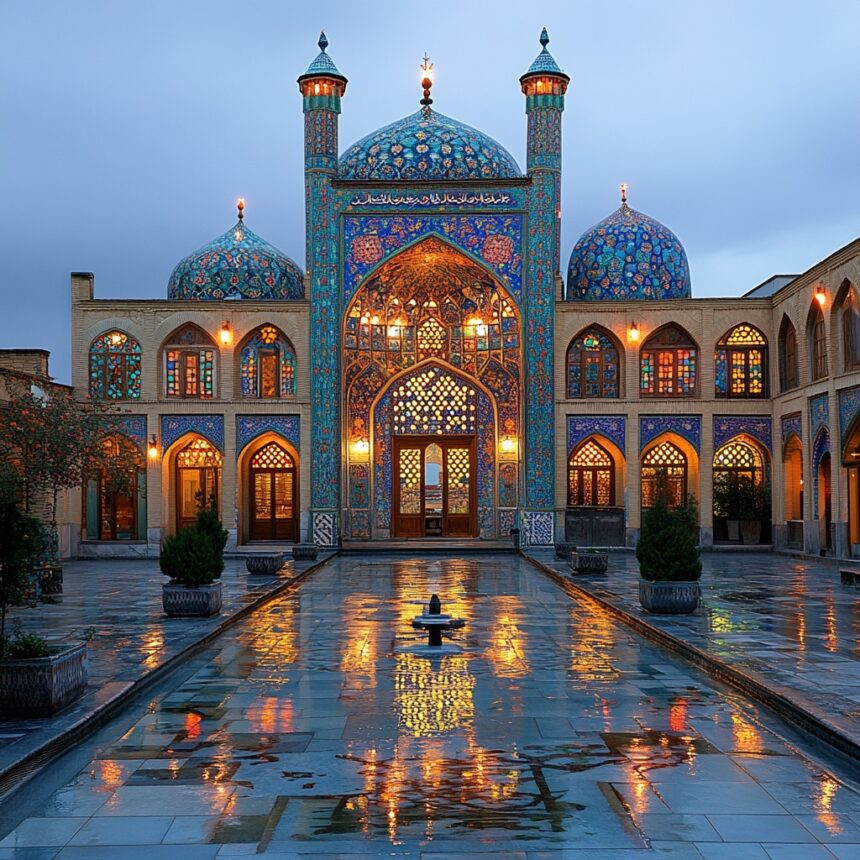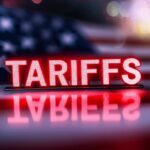Iran’s foreign minister has stated that the country is prepared to engage in direct discussions with the United States, contingent upon Washington ceasing its “pressure and threats” against the Islamic Republic. This statement marks the latest development in a series of interactions with President Donald Trump regarding the potential for a new nuclear agreement.
Abbas Araghchi, a former negotiator involved in Iran’s prolonged conflict with Western nations over its nuclear activities, expressed these views in an interview published in the state-controlled Iran newspaper on Thursday. He noted that indirect negotiations concerning Tehran’s nuclear program are currently taking place through a European channel that includes the UK, Germany, and France.
“We are ready to enter direct negotiations when we are treated as equals, free from any pressure and threats, and when we are assured that we can protect the national interests of our people,” Araghchi stated, emphasizing that “ultimately, the Americans must lift the sanctions.”
Iran is one of the most heavily sanctioned nations globally, with the majority of these sanctions imposed by the US government, specifically targeting vital oil exports.
Araghchi’s remarks indicate that Iran is open to discussions with Trump, provided he offers some form of sanctions relief or suspends his maximum-pressure strategy, which he has recently reinstated, including measures that restrict Iran’s access to conventional weapons.
On Wednesday, the foreign minister met with a senior government advisor from the United Arab Emirates, who was in Tehran to convey a letter from Trump regarding the initiation of negotiations. The contents of this letter remain undisclosed, and Iran has not yet publicly responded to its specifics.
During his initial term, which concluded in 2021, Trump withdrew from an agreement with Iran that had limited its nuclear activities in exchange for the easing of sanctions. This decision precipitated a significant crisis between Tehran and Washington, severely impacting Iran’s economy and briefly heightening concerns about the possibility of a full-scale war.
In retaliation to the United States imposing stricter sanctions, Iran markedly intensified its nuclear activities. The International Atomic Energy Agency (IAEA) has reported a notable increase in Tehran’s stockpile of near-weapons-grade enriched uranium since Trump was re-elected for a second term in November.
Upon his return to the White House, Trump expressed his desire for a new nuclear agreement with Iran, asserting that he would not permit the nation to develop a nuclear weapon. Iran has consistently denied any intentions to pursue nuclear arms and has declined to engage with the United States while it continues to impose economic penalties.
In a speech delivered on Wednesday, Iran’s Supreme Leader Ayatollah Ali Khamenei characterized Trump’s proposals as “a trick” that would result in further sanctions. He reiterated that Iran is not seeking a nuclear weapon and has no desire to acquire one.
China, a significant participant in the original 2015 nuclear agreement, announced on Wednesday that it will host discussions between Iran and Russia regarding nuclear matters in Beijing on Friday.
The IAEA has called on both Tehran and Washington to initiate dialogue to prevent any further escalations.
Araghchi indicated that a “new idea” was being discussed with IAEA Director General Rafael Mariano Grossi, which could address the outstanding concerns regarding Iran’s nuclear program, although he did not provide specific details.






